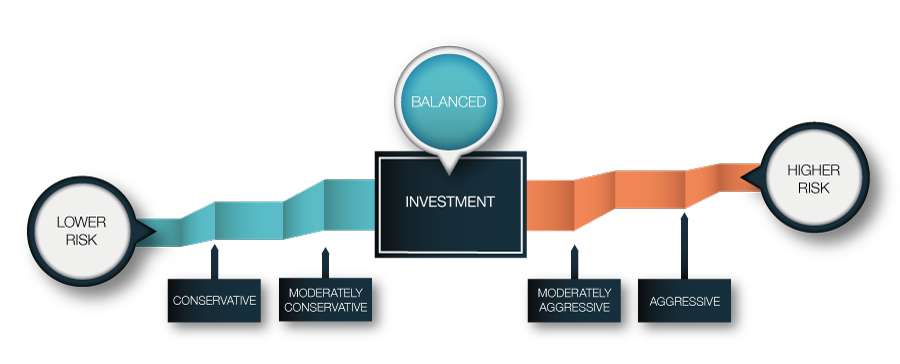What’s Risk and Reward?
“Investment risk can be defined as the probability or likelihood of occurrence of losses relative to the expected return on any particular investment. Put simply it is a measure of the level of uncertainty of achieving the returns as per the expectations of the investor. It is the extent of unexpected results to be realized.”*
*(Source: The Economic Times 13082019)
In layman’s terms this means that investments can rise (thereby creating a profit) or fall (thereby creating a loss) depending on how well those investments perform. Different factors, such as inflation, currency, market risk, counterparty risk, political stability etc. can affect investment performance to greater or lesser degrees, this is known as investment volatility.
This volatility means the value of your Members Account will increase or decrease over the period of investment and the value you will ultimately receive at retirement (or your beneficiaries may receive on your death) is not guaranteed.
There is usually a link between the level of risk attached to an investment and the potential return (profit or loss) on that investment.
Some investments, such as cash and bonds, are considered to be conservative investments. This means they are expected to have a lower risk of loss compared to other types of investments (such as stocks and shares), but will produce a smaller profit.
By comparison, stocks and shares are considered more volatile investments, so the chance of loss may be greater, but equally are expected to produce a bigger profit.
Please note that no investment is guaranteed. For example, cash is perceived to be a safe investment but is subject to inflation risk, so the actual buying power is eroded.

The type of investment you choose depends on your risk appetite – are you prepared to (possibly) lose money for the potential to make a greater return, or would you prefer a lower return for a less risky investment? Neither the Trustee nor the Administrator can provide advice to you to help you choose which investment option is appropriate for you. You should consider taking professional advice to help you decide which portfolio to invest in.

